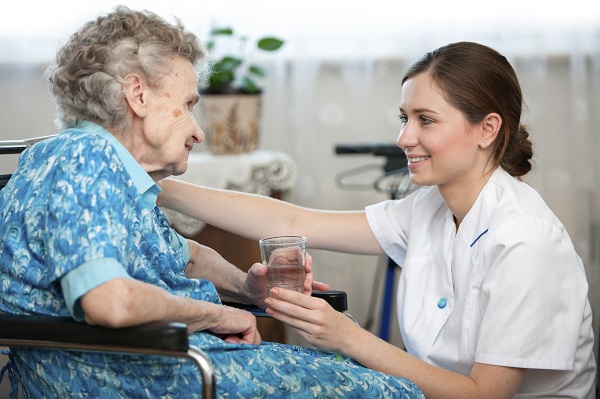The Daily Tasks of an Aged Care Worker
Are you a patient and communicative person with friendly personality and caring nature? Do you enjoy providing support and making a difference in other people’s life? If so, you are a great candidate to work in the aged care industry. In fact, the demand for aged care services in Australia is increasing, which means that there are many career opportunities for young people who want to take care for the elderly and help them overcome their everyday difficulties.

It is true that to work as an aged care worker you don’t need a university degree, but this doesn’t mean that you will be familiar with all the tasks that you will be expected to perform. A good preparation is more than important, whether you work in a nursing home, aged care facility or in the home of the elderly person you’ll take care for. When it comes to attaining professional qualification in this field, one of the most popular options in Australia is certificate III in aged care.
Earning a certificate III in aged care will provide you with the needed knowledge and practical skills that you need for starting your career path in the aged care industry with confidence. The course usually lasts around four months and it will enable you to understand the most important aspects of palliative care. After completing the course successfully and earning a certificate III in aged care you will be qualified for the following: in-home respite care worker, community house worker, day activity worker and community support worker. Simply put, the certification will open many career pathways for you in aged care facilities, hospital or health care settings as well as in residential settings.
As an aged care worker, you will be responsible for performing tasks such as:
- Providing help with grooming and dressing;
- Keep track of the person’s schedule for taking medications;
- Planning and conducting entertaining and recreational activities;
- Helping in performing personal care activities;
- Providing companionship and support during recreational activities;
- Preparing meals (if necessary, by following diet recommendations and restrictions given by the client’s doctor);
- Making sure that all necessary daily tasks are fulfilled, such as shopping or paying bills;
- Performing basic and easy cleaning chores;
- Transporting the client to the doctor’s office, social engagements and other appointments;
- Informing the elderly person’s family or doctor about the changes in his/her physical or mental health.



